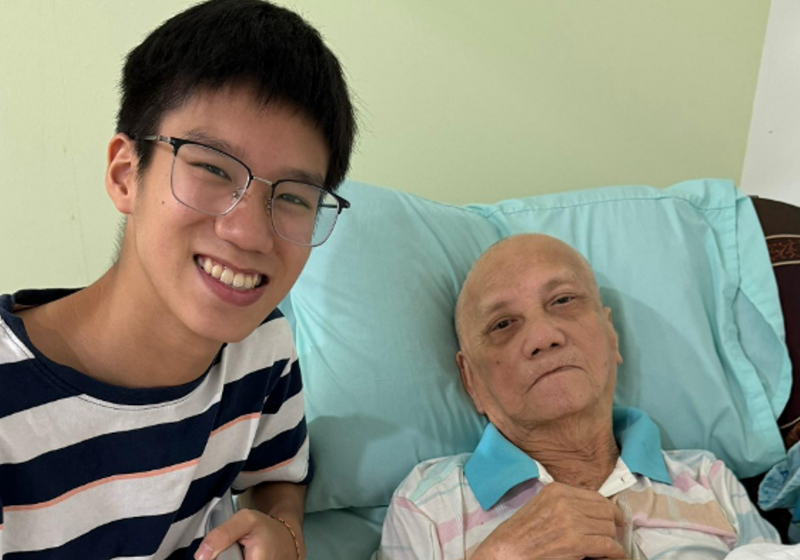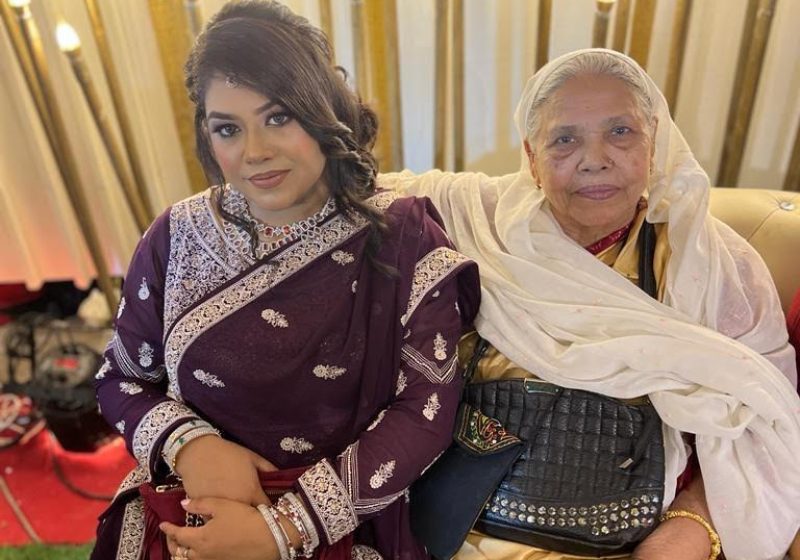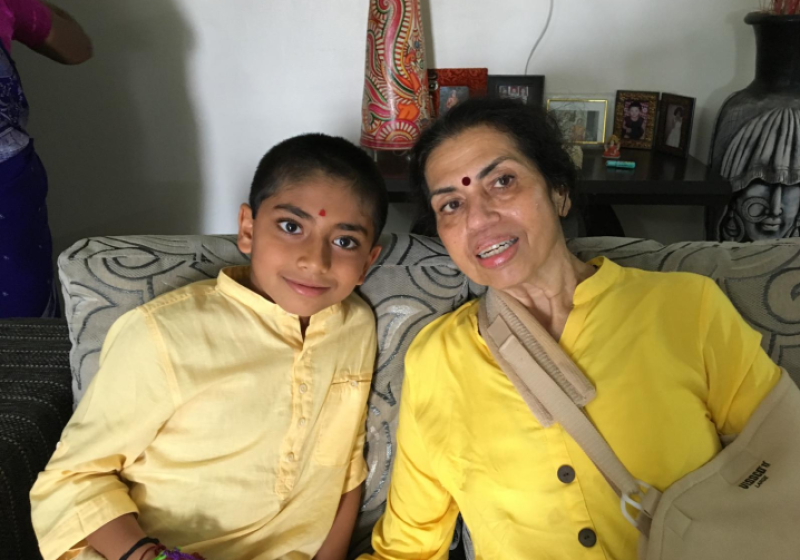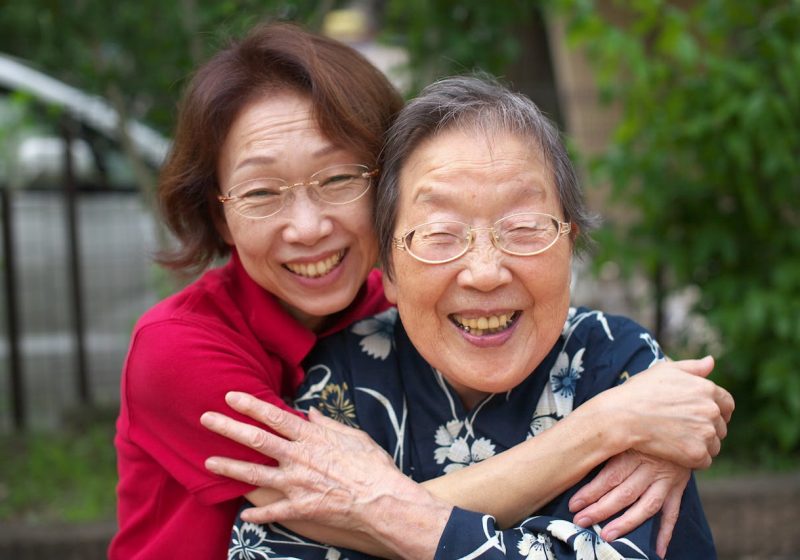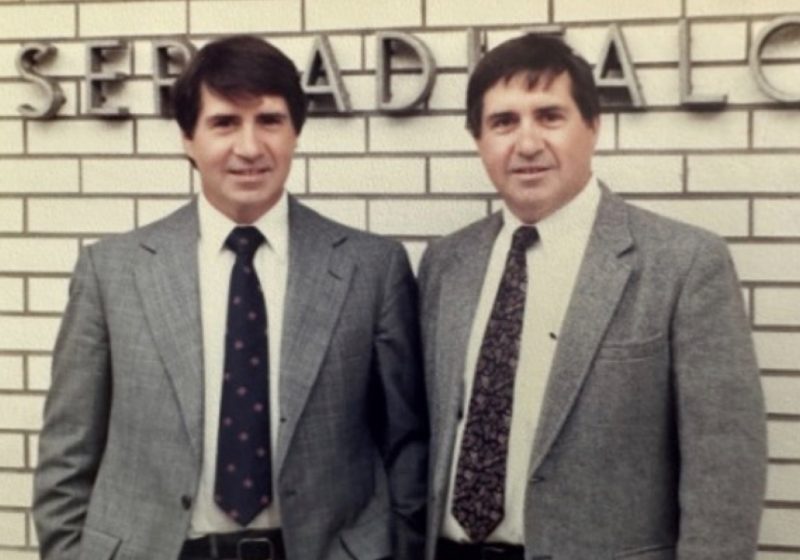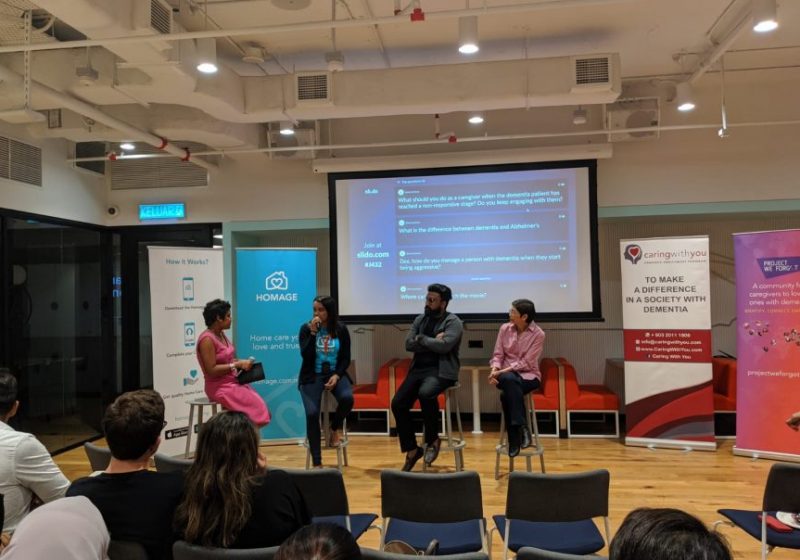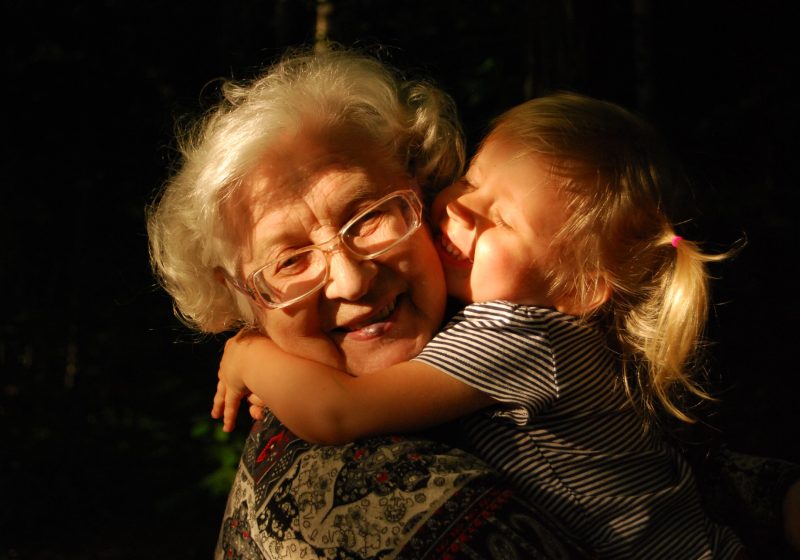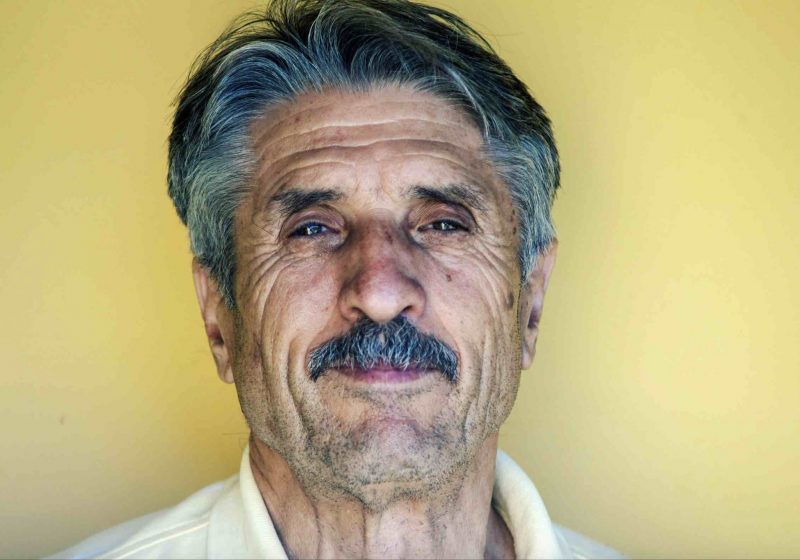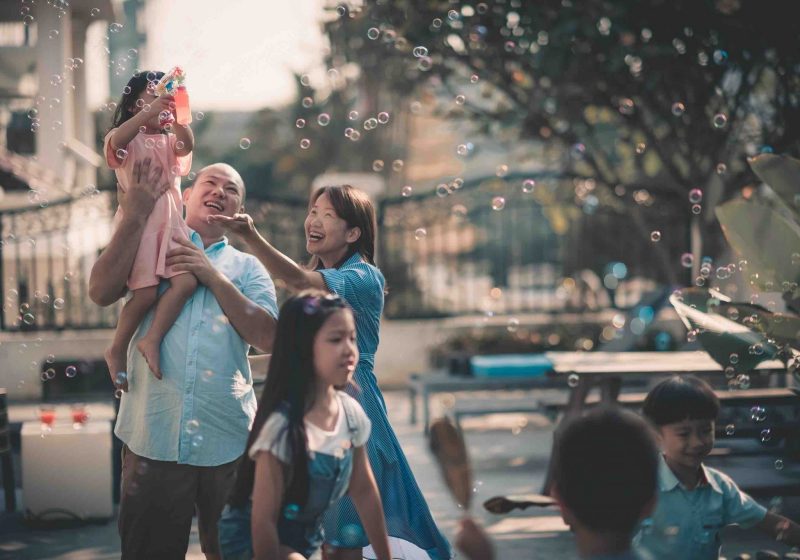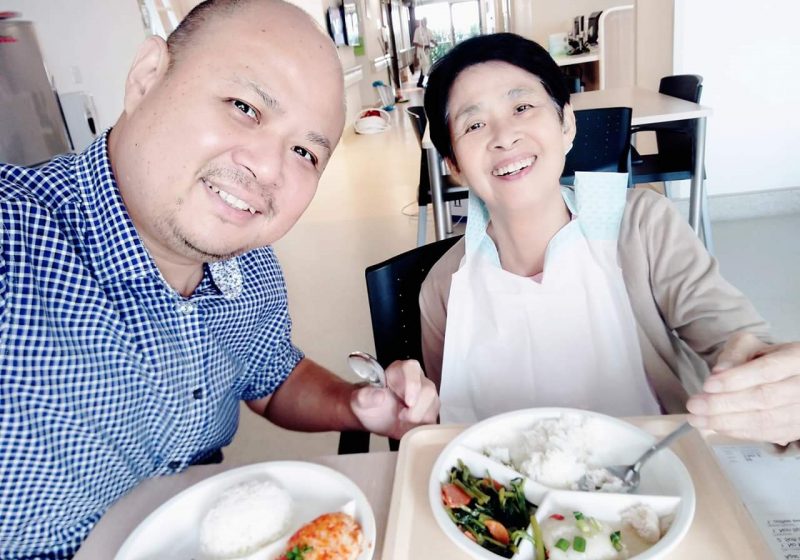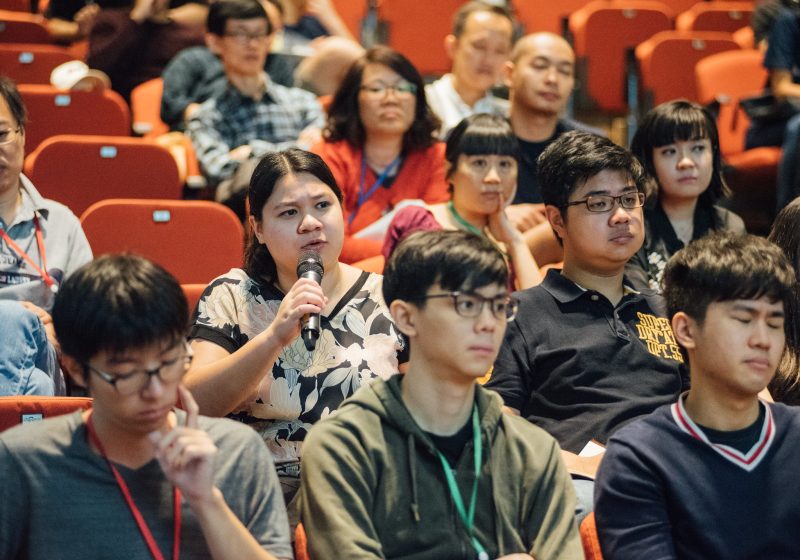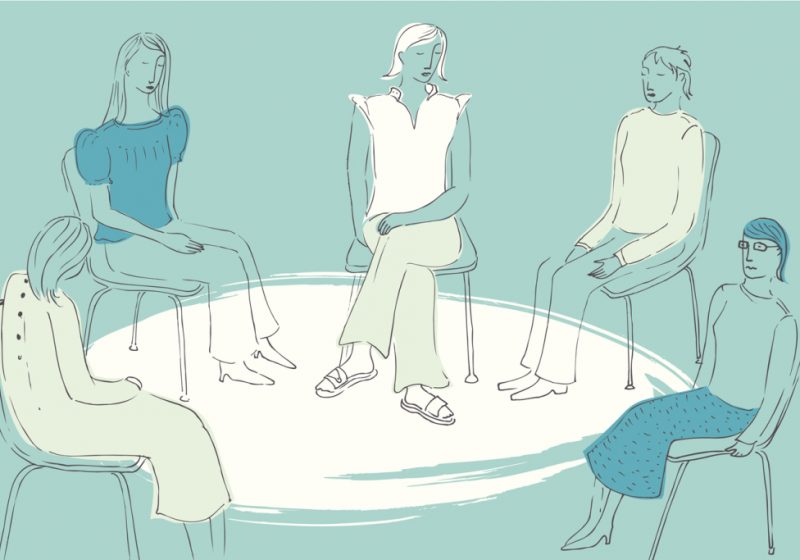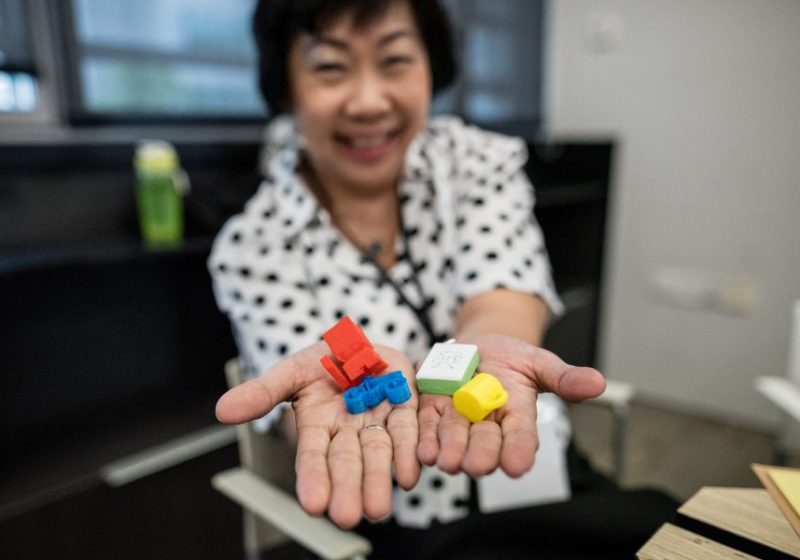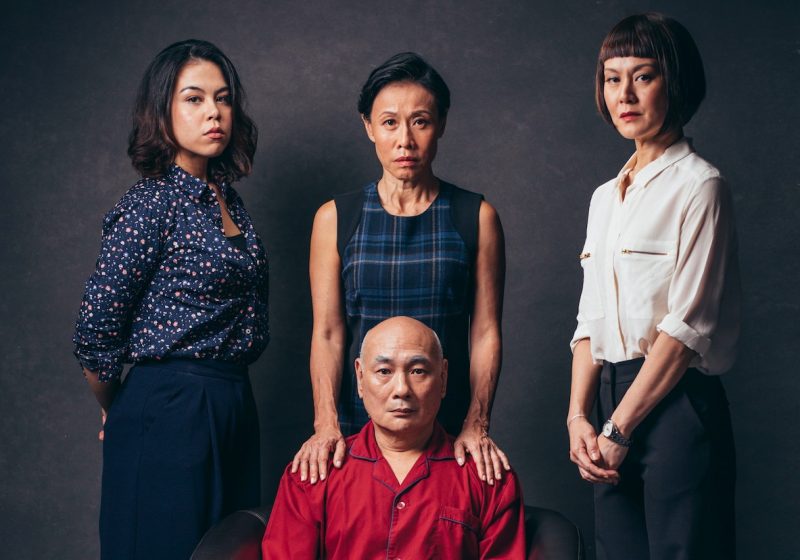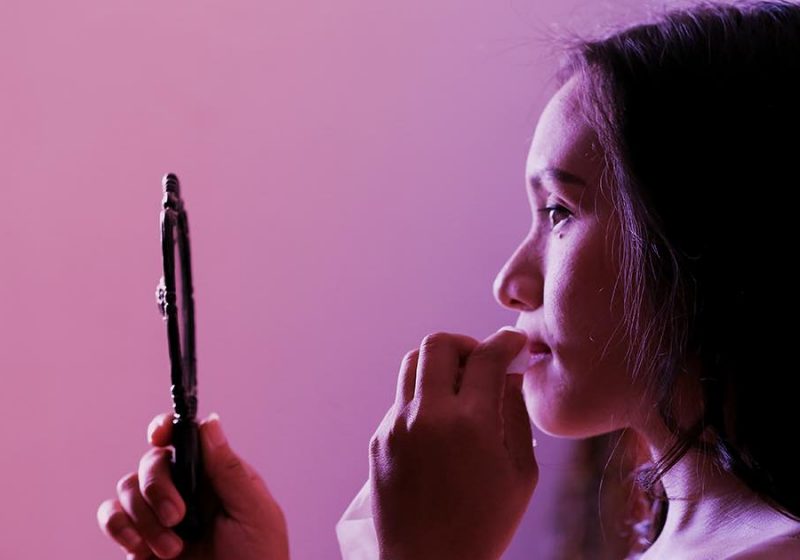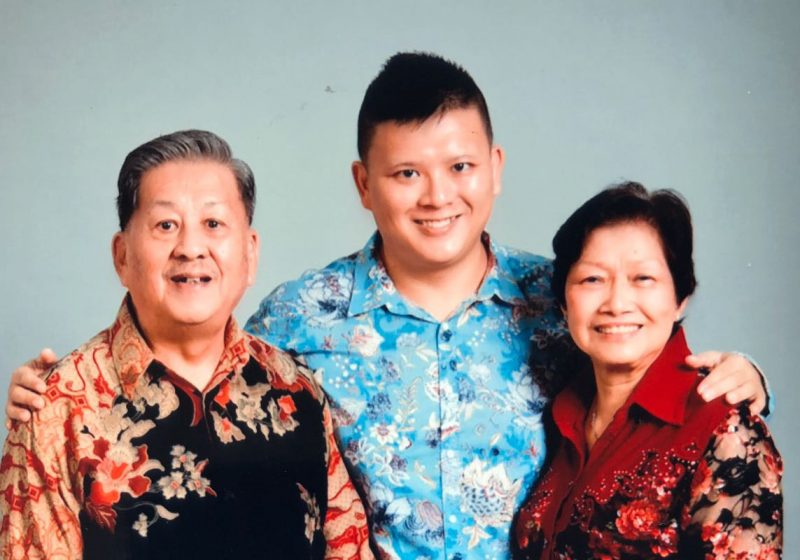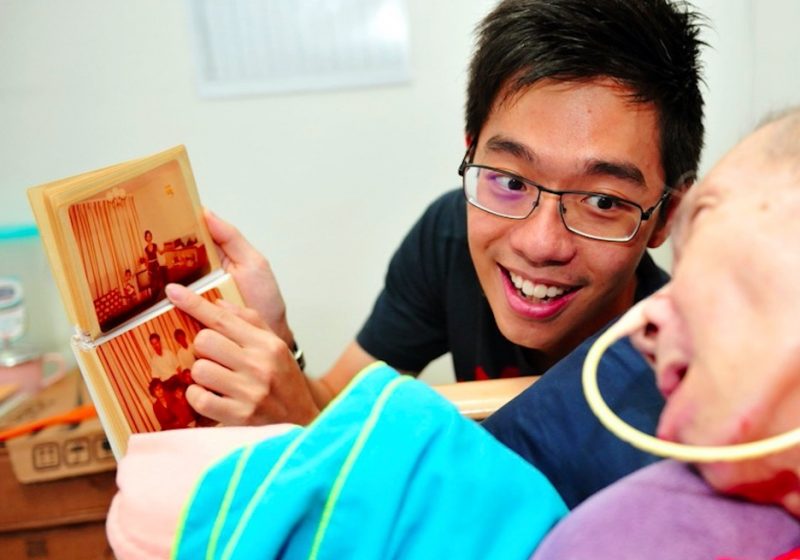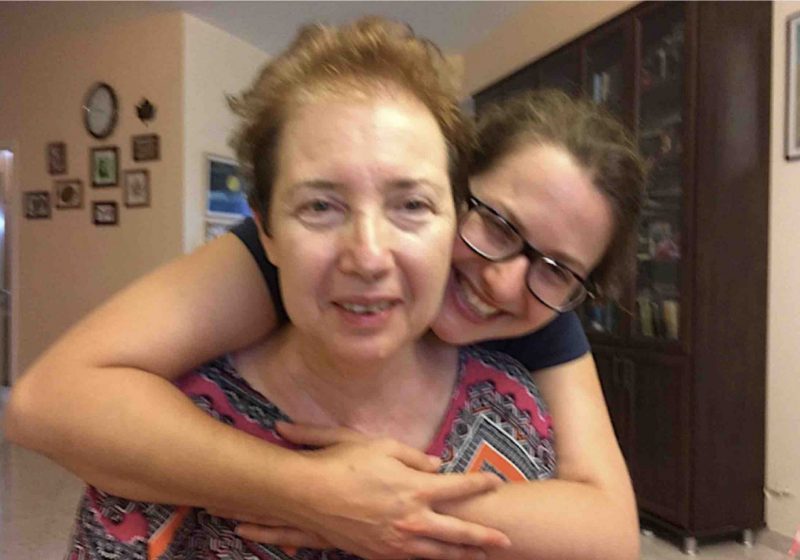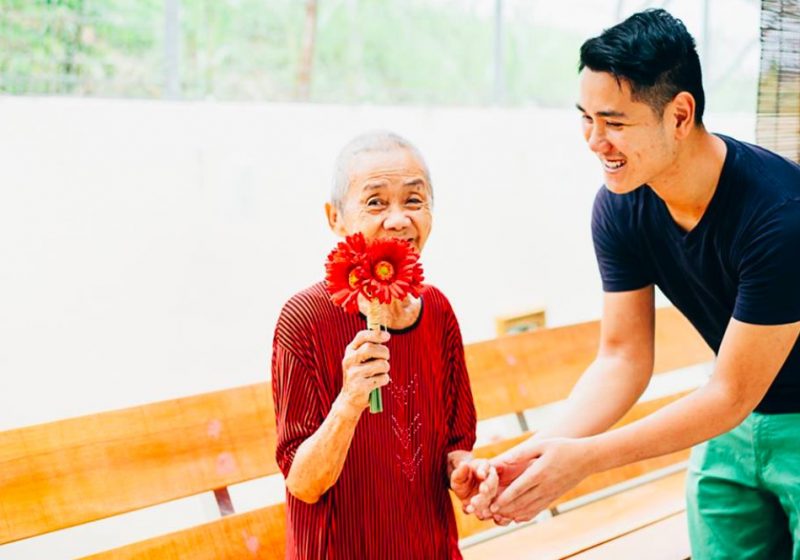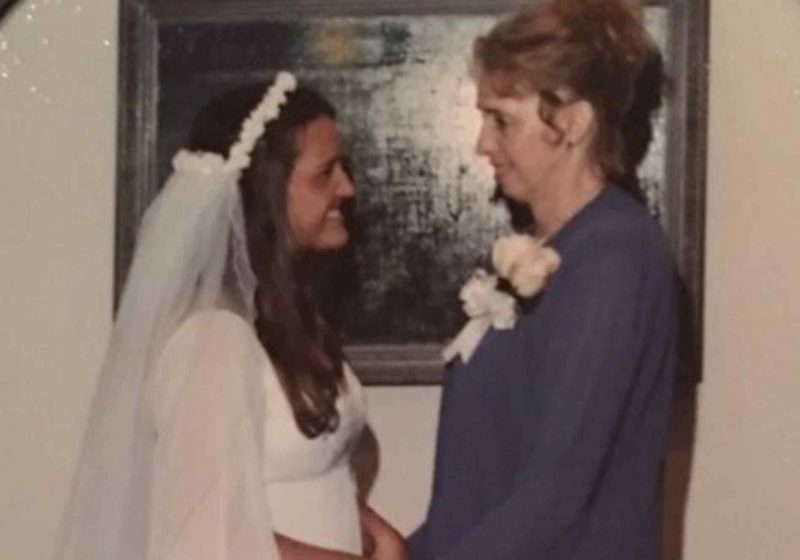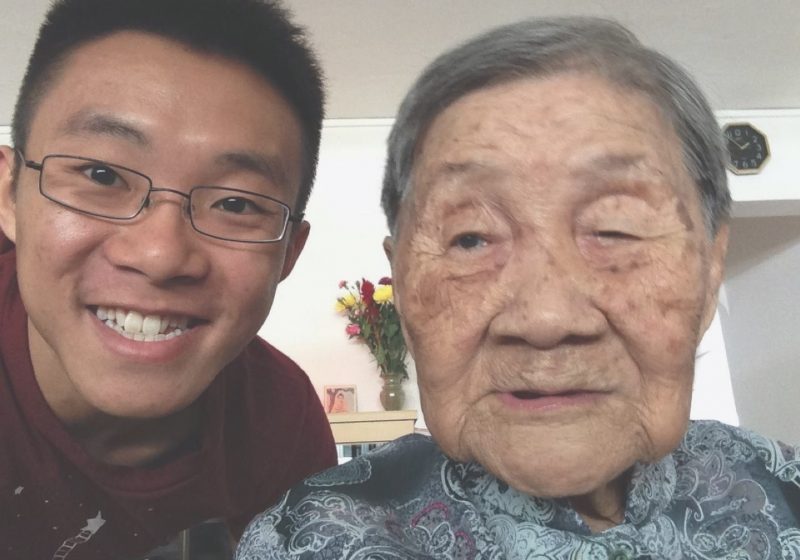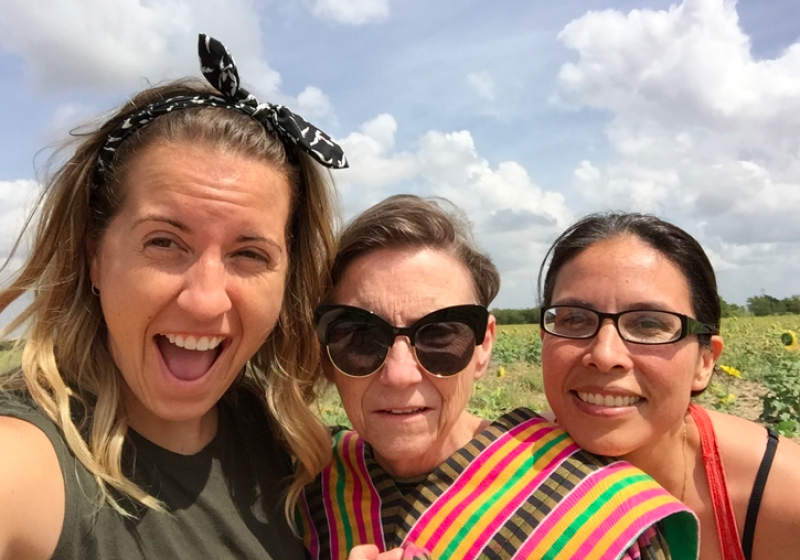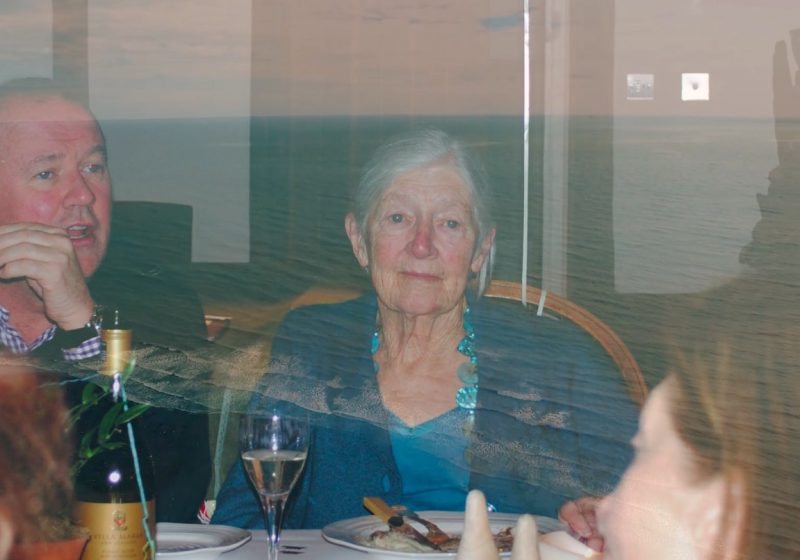Robing has been caring for his mother, Sally, who was diagnosed with dementia at the age of 62. He shares his journey in caring for his mum, managing his wellbeing, and why community support is crucial in supporting caregivers.
By Robing Ng, Edited by Suhaana Khanna
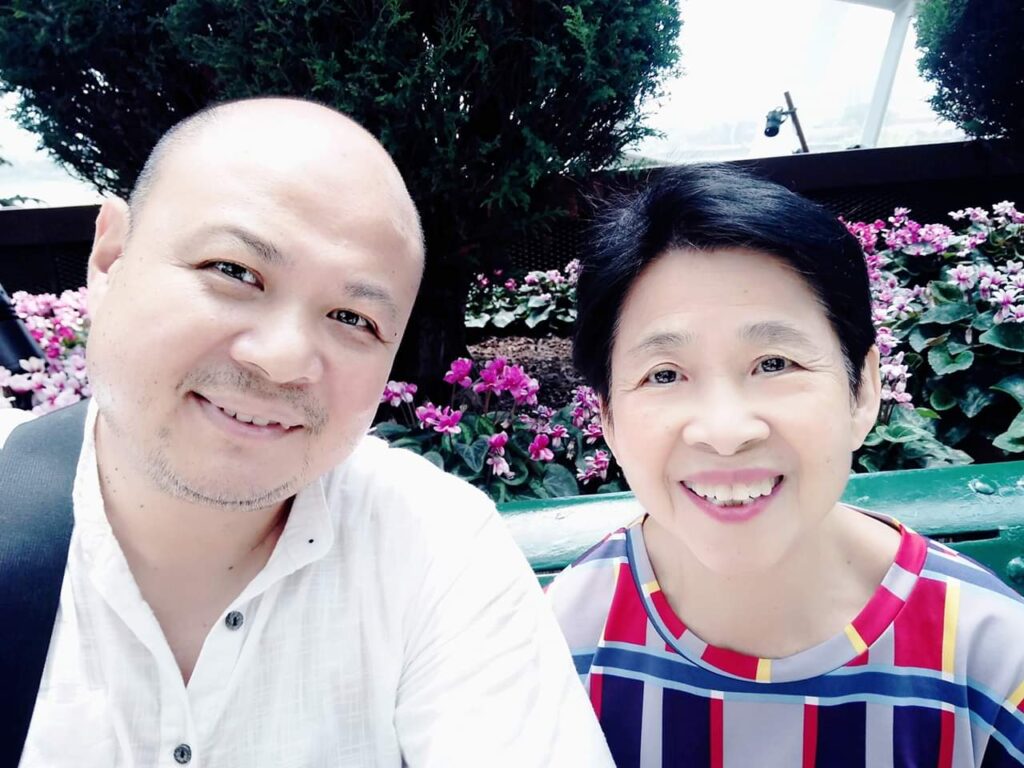
Being a caregiver is a tough, stressful and long journey, to say the least. No words can really paint the picture or describe what one goes through in caring for persons with dementia. Every story is different. However, one thing that I hope family and caregivers can take away is that to treasure the available time with your loved ones.
It is a tedious and painful process for both parties, but one must remember that people with dementia also don’t wish to be in such a situation. Whatever they say or do to you, is beyond them. So treasure the moment with them.
“My journey with my mother’s dementia began in a way that I had never expected. In 2009, my mother suffered from multiple anxiety attacks, with symptoms similar to that of a heart attack or stroke. We were confused as to what was happening, but after several medical assessments she was cleared from the hospital of both of these conditions.”
Pacing yourself in the journey
The geriatrician gave my mum a timeline of around 3-5 years left when she was first diagnosed. That’s not a lot – but that also means a solid 3-5 years of caring for someone 24/7.
If one suffers from burnout, take a break. If you have no one to help, get help from the doctors, nurses and medical social workers. They can help to find respite care for your loved ones.
The impact of caregiving on my personal relationships
When caring for mum, I tried to rush home daily, and to spend my weekends with her so my dad would have a break. However, this impacted my relationship with my ex-girlfriend as we often quarrelled over my mother’s situation.
During my mother’s fifth and sixth year (after diagnosis), she also had difficulty sleeping. It would take her about an hour to two before she fell into deep sleep, so I had to sit by her in the room and coax her to sleep, just as she did when I was a child. I do have a younger brother, but he has a family and work commitments, thus the responsibility falls on me.
“Dementia is not just a medical condition for the clinical team and family to take care. The community has a role to play. In living with persons with dementia, one has to be mindful, tactful and careful.”
More than just a medical condition
Dementia is not just a medical condition for the clinical team and family to take care. The community has a role to play. In living with persons with dementia, one has to be mindful, tactful and careful.
More often than not, we read from newspapers and social media that a senior has gone missing for days and family members are looking high and low for them.
In the past, when we see a senior who looks lost, we would probably call the police. And the police officers would probably lead them to the police station or bring them to the hospital. However, we must be mindful that the elderly would likely resist and become anxious, possibly even violent.
We all need to step up and play a role
If we are trained and understand how to interact with persons living with dementia, which most police officers are now, chances are that one will be more tactful and careful when communicating with them.
The Forget Us Not initiative by the Lien Foundation and the recent dementia-awareness programme launched in Yishun is a great way to get more people involved. This is a great initiative and should be introduced across Singapore.
Awareness in the community at-large (retailers, hawkers) should be raised on how to live with people with dementia in a community. The benefits will be received by the entire community. One must be mindful and informative to society as a whole.
This feature is part of the Singapore Mental Health Film Festival 2019. Catch Much Too Young followed by a panel discussion on the topic of young caregivers for persons with dementia. The session will be joined by Robing Ng.
With dementia hitting individuals at a younger age where they are in the prime of their career and family, financial and emotional strains are often amplified. However, the strains faced by these young families are often overlooked. The film powerfully demonstrates how this disease not only affects the person diagnosed and the primary caregiver, but how it takes a toll on the family and someone in the prime of their lives – the children caregivers.


